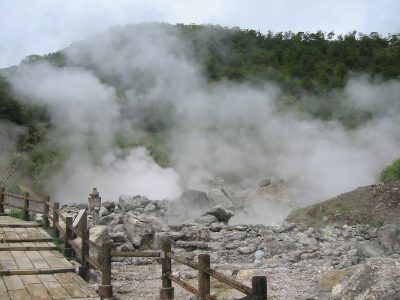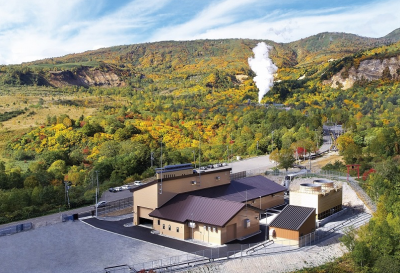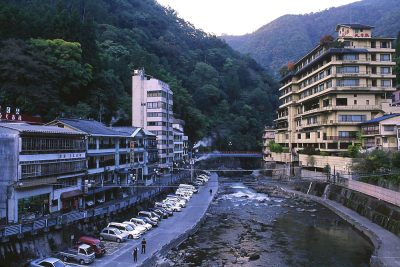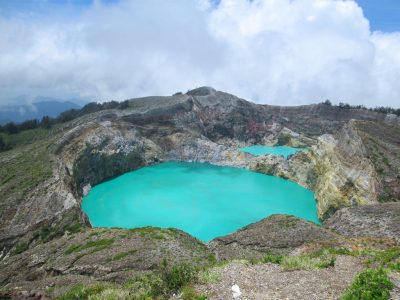New Zealand power prices estimates and geothermal
An article looking into power price estimates for New Zealand and comparing geothermal to other energy sources in the country.
A recent article in New Zealand looks at the country’s outlook for electricity price development. and expects prices to flatten out. The article sees Geothermal as a least-cost alternative, but sees some limitations to the potential available.
The following gives bits and pieces interesting, to read the whole article use link provided below. Prices are in NZ$. From what I read out of this and hear from geothermal players in the market, there is going to be an increase in geothermal development in New Zealand to be expected.
“Significant new power generation is being built and the supply may be running ahead of demand, suggesting wholesale electricity prices should start to flatten out after strong rises in recent years.
In a report on options for new electricity sources, state-owned Meridian Energy says a large amount of new generation has been built since 1996 and more is committed until 2011.
From 1996, when the electricity market began, about 17,000 gigawatt hours of new generation will have been added by 2011. At the same time, demand has grown about 10,000GWh.
But power companies will need to keep building stations after that to meet growing demand and new stations will cost between $70 and $100 a unit, across a range of options including geothermal, hydro, wind and gas-fired. Wholesale electricity prices would need to remain about that level if investment is to continue, up from about $50 a unit about five years ago.
In the late 1990s, wholesale prices averaged about $30 a unit, reflecting cheap Maui gas used in gas-fired stations. In the past three years, the wholesale prices have been about $80 a unit, a point where new investment returns money.
Retail consumer prices should follow wholesale prices. The forecast investment costs for new generation suggests wholesale and retail power prices should level off, industry sources say. Independent energy consultant Bryan Leyland estimates wholesale power prices have risen about 8 per cent a year since 1996, in a long-term trend, with extreme spikes in dry years. About two-thirds of the power is from low-cost hydro and geothermal power stations.
The projected margin of generation production over demand this year is expected to be similar to the margin in the late 1990s, when wholesale power prices were low.
Meridian’s report suggests the expected longer-term gap between supply and demand would be filled by a mix of geothermal and gas-fired plants, hydro power and wind.
There is broad overlap between the different sources of power, between $80 and $100 a unit of power but there is no clear winner, despite a recent burst of geothermal power plant construction.
Geothermal power using underground steam fields mainly north of Taupo is the least-cost option.
By expanding at existing plants, the long-run marginal cost of geothermal power is about $70 a MWh (7 cents a kWh) or less. But there is relatively limited potential of about 2500GWh of power a year from such sources. A new plant on a proven resource would cost about $80 a unit, but again, options are limited.
Hydro power starts at about $75 a unit of power, up to more than $100 a MWh, but such stations take a long time to develop, as much as 10 years.
Wind starts at about $80 a unit at the best possible sites, but with limited potential for about 2000GWh of extra production at a handful of top sites.
Gas-fired stations cost about $85 a MWh, but that includes an estimated carbon cost of $25 a tonne.
WHERE TO PLUG IN? The long-run marginal costs per megawatt hour of different forms of electricity generation, including the capital investment needed, from geothermal to nuclear:Geothermal: About $70 a MWh the cheapest option but limited potential. Gas: $85 a MWh (including carbon cost) based on gas at $7 a gigajoule. Coal: $110 a MWh (including carbon costs) using lignite coals. Wind: $80 a MWh but limited potential at the best sites. Wind: $85 to $100 a MWh at second-tier sites. Hydro: $75 to $100 a MWh, but long lead times to develop. Nuclear: $140 to $160 a MWh expensive with technical issues in decommissioning.
Source: Stuff.co.nz











